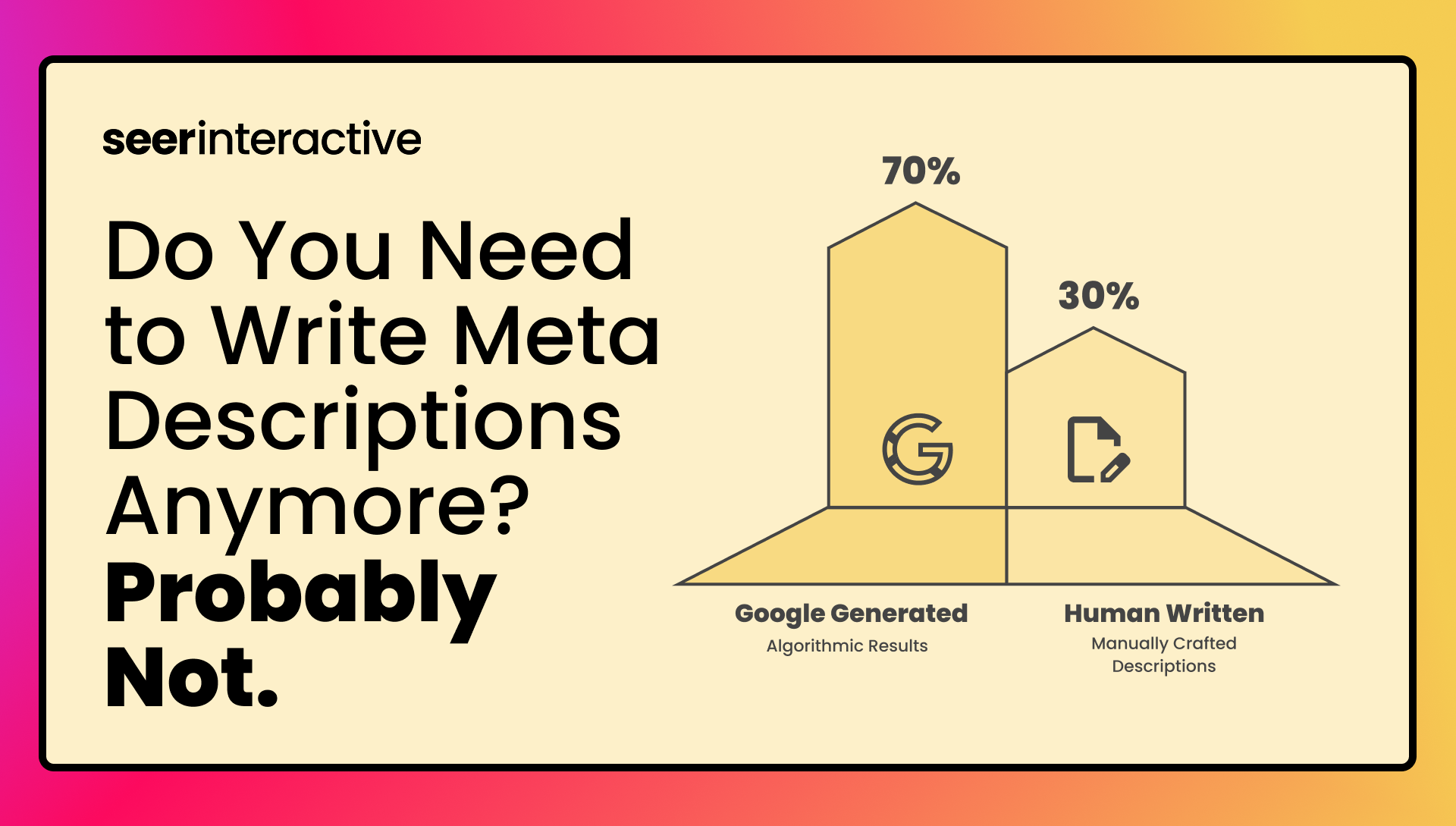Wouldn’t it be great if you could simply describe a piece of content you want written, then have a writer return the first draft in an instant?
With the recent unveiling of GPT-3—OpenAI’s newest artificial intelligence language model that can produce human-like text—this could soon be a reality for content creators around the world.
In this post, we’ll explore the thought of using GPT-3 for SEO purposes, giving a few thought-starters about using AI-generated content on your site and some insights from Google on how it treats such content.
If you’re thinking of adopting a GPT-3 strategy for SEO, this blog is for you!
What is GPT-3?
GPT-3 stands for Generative Pre-trained Transformer 3. It is the newest version of a language prediction model created by OpenAI, an artificial intelligence research laboratory started by Elon Musk and Sam Altman, among others. With over 175 billion machine learning parameters, GPT-3 is by far the most robust artificial intelligence language prediction model ever released.
Check out this video for a glimpse into some of the incredible things GPT-3 can do.
In layman's terms, GPT-3 is a new tool that uses artificial intelligence to translate a written input (essentially a prompt)—with incredible accuracy.
Using OpenAI’s API, users can create web applications powered by GPT-3 for a wide range of tasks, from answering questions and translating speech into other languages to building software applications (translating normal speech into code).
In just the first week since it was released, beta testers have used the API for some mind-blowing applications, which begs SEOs to question what potential it might have for content marketing.
Can You Use GPT-3 for SEO Content?
Content creators may be thinking GPT-3 is going to be the silver bullet to earning page one rankings in search. While this is a vast improvement over earlier AI language models, we wouldn’t get your hopes up that GPT-3 is the holy grail for SEO.
In theory, instead of assigning a topic to a writer, SEOs may be able to tell GPT-3 to “draft a blog post about [topic], with information on [subtopic 1] and [subtopic 2], with a data table detailing [data], in 1,000 to 1,500 words.”
But just because you can do something, doesn’t mean you should. We’ll explain.
The Limitations of GPT-3
While this technology is reportedly a massive improvement over previous models, GPT-3 still has its shortcomings.
GPT-3 is effectively an auto-complete tool that looks at the previously-written content and cross-references it to its repository of data (which, to their credit, is impressively large) to determine what should come next. It doesn’t have a semantic understanding of the text it produces, which can lead to inaccurate and sometimes incoherent or even contradictory writing.
What Google Says About AI-Generated Content
Google’s Webmaster Guidelines discusses automatically generated content under its quality guidelines, warning that Google may take actions on such content. The simple reason is that it just isn’t good enough yet, as we just discussed. Content that is 100% machine-generated is still often inaccurate.
In the week following GPT-3’s beta launch, Google’s Gary Illyes tweeted:

He followed that up by saying:

So while AI-generated content is not accepted, curated content may not necessarily land you a penalty.
In this 2019 article by Barry Schwartz on Search Engine Roundtable, John Mueller of Google explains how he could see them updating their guidelines “down the road” as auto-generated content becomes more accurate and useful for users.
How to Approach AI-Generated Content for SEO
We’ve established that 100% AI-generated content is not currently accepted under Google’s Webmaster Guidelines. If you want to use GPT-3 to write your website content without human review, you run the risk of receiving a manual action. (You’ll probably end up posting some degree of AI gibberish as well.)
However, using GPT-3 as a tool in creating your content could be a viable way to expedite your work. GPT-3 could give you inspiration for your writing and help spur ideas for how to approach a topic. You could also use it to translate dense industry jargon (like translating Legal English) into something more digestible for your writing team to work from.
Even if GPT-3 delivers you coherent, relevant copy, remember that creating a truly valuable content asset is often a group effort, with subject matter experts providing information, marketing teams layering in audience pain points and insights, and design teams helping to improve the overall experience for users.
Using AI for SEO isn’t the end-all-be-all for creating valuable content. Those insights lie outside of AI’s neural network. Can it be used as a tool to get a rough draft started or expedite your research? Surely. Will it eliminate the human element from SEO altogether? Not anytime soon.
SEO Is More Than Churning Out Content
GPT-3 is an incredibly powerful tool—there’s no denying that. But if you’re looking at GPT-3 as a way to create content and fill your site with low-value content just for keyword rankings, you’ll be fighting a losing battle.
A piece published by The Verge, A college student used GPT-3 to write fake blog posts and ended up at the top of Hacker News, shows how GPT-3-generated content can pass as human-written. Passing as human-written is a long way from SEO-optimized, which is still a long way off from being valuable to users.
To drive lasting revenue, your content needs to speak to your audience and inspire additional action.
GPT-3 will almost certainly inspire SEOs to take the easy route and publish AI-generated content with little-to-no human revision. The marketers that use this tool in tandem with a thorough editing process with an audience-first approach, however, could potentially improve their ROI by expediting the first draft of their content using GPT-3 and focusing more heavily on optimizing for their audience.
Level Up SEO Consulting with Seer
If you have any use-cases you’d like us to discuss, please let us know! If you’re still worried that AI is going to take your job as an Content Writer or SEO Consultant, take action!
Sign up for our newsletter to learn new skills, tips, and tricks to level up your skills:


